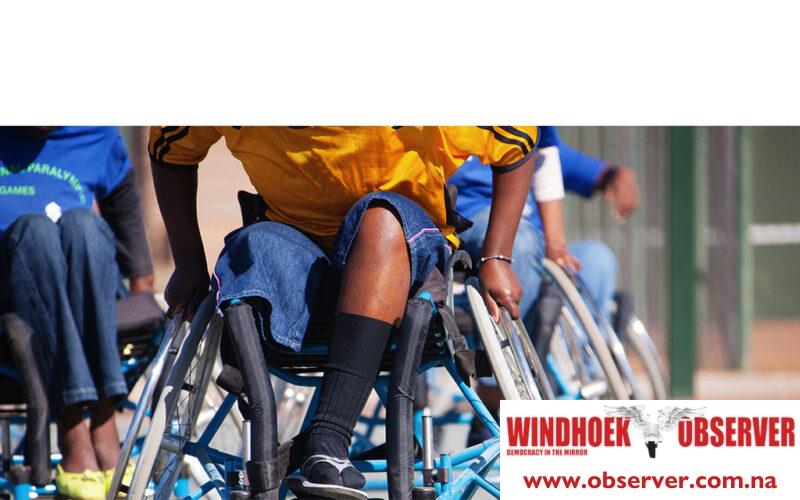Erasmus Shalihaxwe
The Namibian education system is disadvantageous to disabled children, vulnerable pupils, and girls.
This is according to a report that was presented by Germain Tshinu during the Pan-African Parliament’s third ordinary session, which was held last week in Midrand, South Africa.
He said that when a delegate from the Pan-African Parliament visited Namibia from 25 October to 10 November 2021, it was also discovered that, apart from the inadequate number of schools in rural areas, the existing schools are largely under-resourced with teachers.
“It was gathered from interactive meetings that classrooms are generally overcrowded, with a ratio of 50 to 70 students per teacher. The transition between secondary schools and tertiary education is considerably low, essentially because of the costs associated with university education and an inadequate number of vocational training institutions to accommodate graduates from secondary schools that may not be able to access university education,” said Tshinu.
According to the Namibian constitution, every resident must receive primary education, and the state must establish and maintain state schools that offer primary education at no cost.
Therefore, by virtue of the constitutional provision, access to education is a bridge for the socioeconomic liberation of historically disadvantaged communities and a driver for inclusive socioeconomic development through capacity building and empowerment.
“Namibia has signed the Basic Education Act (No. 3 of 2020), the Sector Policy on Inclusive Education (Republic of Namibia 2013), and the Disability Mainstreaming Plan of 2020 to protect the rights of children, young persons, disabled persons, and vulnerable persons to access to education,” argued Tshinu.
He further stated that although the government has made notable strides in ensuring the provision of quality, free, and accessible basic education across the country, the number of schools remain inadequate.
“Quite a substantial proportion of rural dwellers have to travel many kilometres, sometimes through game reserves that harbour dangerous animals, to access education,” he said.




